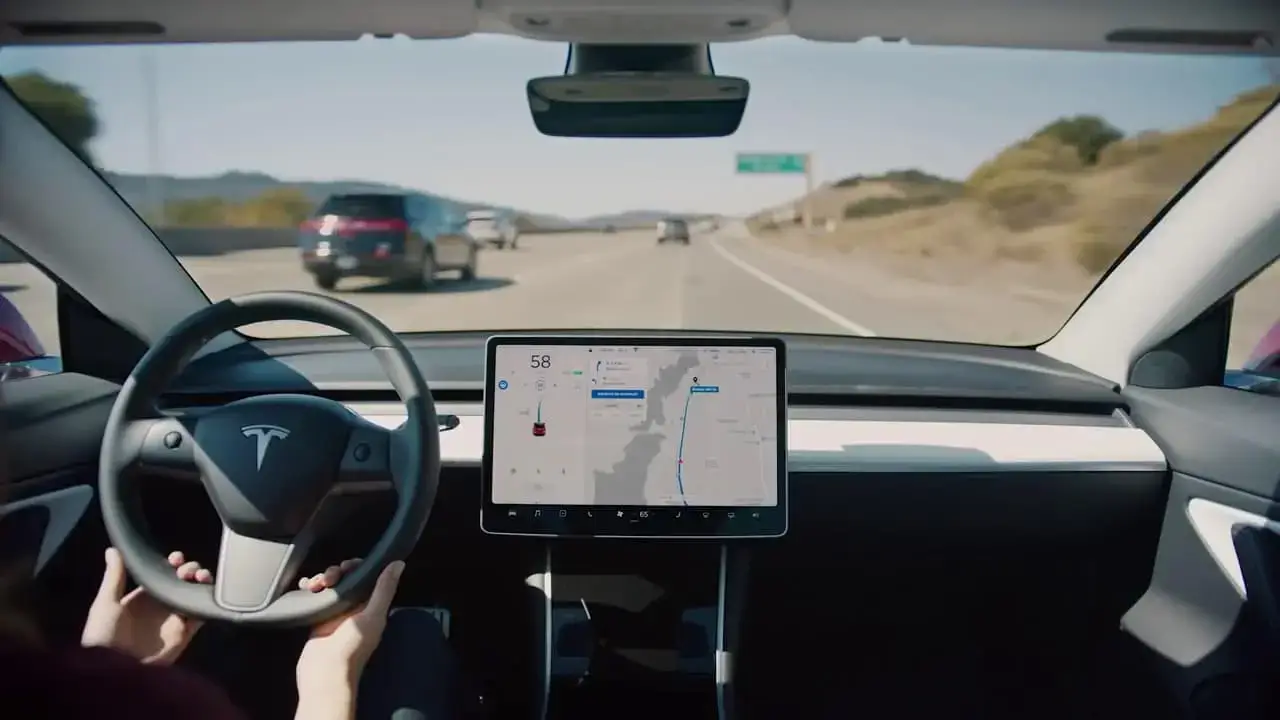Analyzing the Privacy and Security Challenges of Tesla’s FSD Data Collection Practices
Tesla’s Full Self-Driving (FSD) technology, a pinnacle of autonomous vehicle innovation, harnesses machine vision and video data to train its advanced algorithms. However, this reliance on extensive data collection has ignited privacy and security concerns. Notably, Pan Helin from the Chinese Ministry of Industry and Information Technology has elucidated the implications of Tesla’s data practices. Meanwhile, Tesla’s partnership with Baidu aims to align with local regulations and standards in China, an essential market for Tesla’s global expansion.
The Dual Edges of Tesla’s Data Collection
Tesla’s FSD system utilizes cameras and sensors to collect real-time data, which is critical for the machine learning models that power the technology. This data enables Tesla vehicles to navigate complex traffic scenarios, learn from diverse driving conditions, and continuously improve through over-the-air updates.
Benefits:
- Enhanced Safety and Efficiency: The continuous data feed helps improve system accuracy, potentially reducing human error in driving.
- Rapid Technological Advancements: Massive data collection accelerates the iterative process of machine learning, leading to quicker enhancements in autonomous technology.
Challenges:
- Privacy Concerns: The capture and storage of video data can potentially lead to unauthorized surveillance, risking the exposure of personal information without explicit consent from individuals recorded by Tesla’s cameras.
- Security Risks: The vast repositories of data pose significant security challenges. Any breach could lead to unprecedented access to personal and sensitive information.
Regulatory Hurdles and Market Entry
Tesla’s ambitious expansion has faced roadblocks, particularly in markets with stringent data protection laws. For example, the collection and processing of video data by Tesla have raised flags in several regions, hindering market entry and operations.
China’s Approach:
Under the guidance of experts like Pan Helin and with collaborative efforts like those with Baidu, Tesla has worked to create a framework that aligns with China’s privacy and security standards. This agreement facilitates Tesla’s operations while adhering to the regulatory environment, setting a precedent for how Tesla might handle similar issues in other markets.
Strategic Implications for Tesla
To navigate the complex landscape of global markets, Tesla may need to adopt more localized data handling and processing strategies. This could involve:
- Data Localization: Storing and processing data within the same country to comply with local laws.
- Enhanced Data Security Measures: Implementing state-of-the-art security protocols to safeguard user data.
- Transparency and Consent: Building trust with consumers by being transparent about data collection practices and seeking explicit consent.
Conclusion
Tesla’s FSD technology exemplifies the challenges and opportunities presented by the intersection of advanced technology and data privacy. As autonomous vehicles continue to evolve, the dialogue between innovation and privacy remains crucial. Companies like Tesla must balance the drive for technological advancement with the imperative to protect individual privacy and adhere to global security standards. Engaging openly with these issues not only supports regulatory compliance but also fosters consumer trust and market stability.
